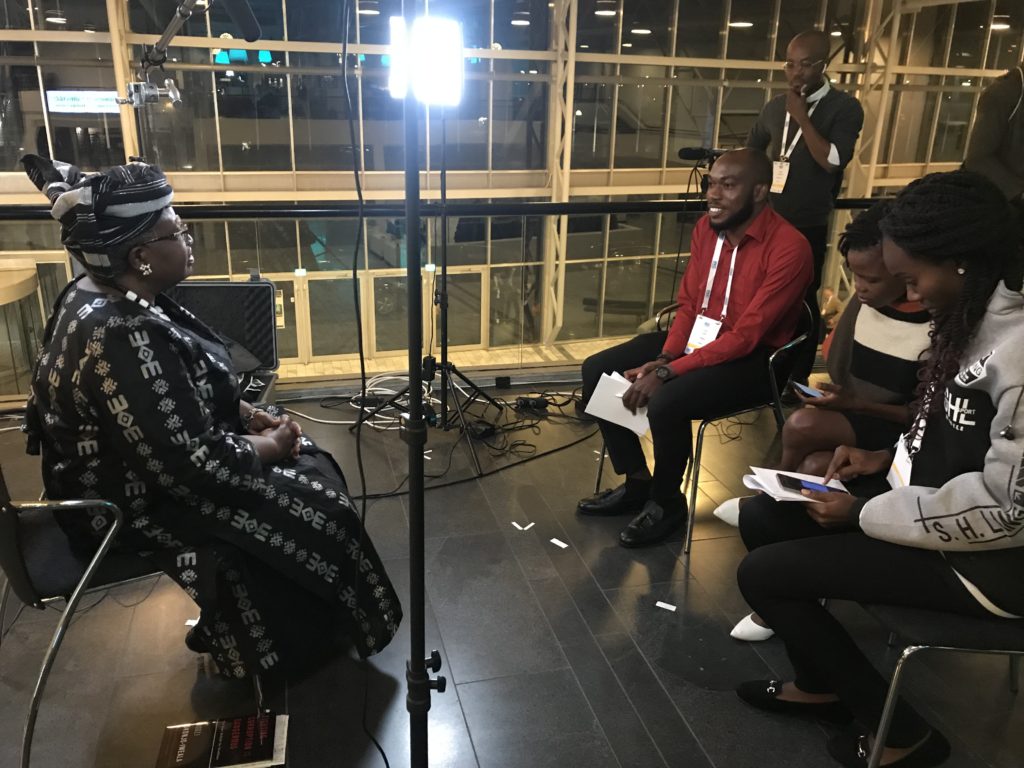1. Be prepared, but adaptable
This is a point of contention among many journalists. Some of us prepare a list of questions while others prefer to ‘just flow’ feeling limited by the rigidity of pre-set questions.
However, either way, it is important to have a general concept for your interview to guide you and avoid diverting from the main point of discussion.
2. Avoid yes and no questions.
Ask questions that will open your subjects up to and force them to elaborate and not a question that will prompt a yes or no response.
For example rather than “Do you enjoy painting?” ask “What made you want to paint?” or “What first inspired you to pick up the paintbrush?” This invites your subject to tell a story rather than simply answer a question.
Some interviewers simply use statements such as “Tell me about your art…” or observations that keep the conversation rolling, “That must have been incredible to be part of…” This feels more natural than asking a series of questions that makes the conversation boring.
3. Do not do pre-interviews
Many people prefer having an idea of the questions you are likely to ask before the camera starts rolling. Make sure you keep the questions you want to ask for when the camera is rolling. Otherwise, your interviewee might tell you an incredible story off camera and when asked to repeat it might be unnatural and forced.
4. Be energetic, curious and charismatic
Your interviewee will respond to the charisma and energy displayed by you. This will motivate them to continue with their story, knowing that they have a receptive and interesting audience.
5. Keep filming when the interview is over
It’s amazing how some interviewees loosen up and reveal more interesting when the interview is over. This is because the pressure is off. The conversation might continue with your interviewee more relaxed. If it was a really emotional and tense interview it is interesting to see the subject wind down and regain their normal composure.
6. Embrace the pauses
Pauses are not necessarily awkward or unwelcome. Some of the most powerful interviews have long silences where interviewer, interviewee and audience reflect on what has just been said.
7. Follow your instinct
Everyone’s got their style. You may have to draw them out of their shell by being sharing some of your stories first. Or make sure they do not veer too far from the original theme/subject (although if you have the time, such tangents might bring up some gems). Also, don’t shy away from tough questions. If the subject is reluctant to answer, don’t push it too hard, you may need to approach the question in a different way. It will seem less probing and more like a choice they made.
Additional information from radiance.org


